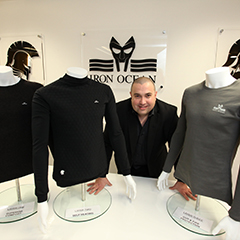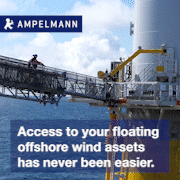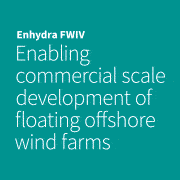A prototype of a garment which could save the lives of offshore workers in the event of an accident at sea has been unveiled today (Thursday 17th January).
Dundee-based Iron Ocean has worked with the Oil & Gas Innovation Centre (OGIC) and Heriot-Watt University to develop the Centurion 3, an offshore survival system, which comprises of a three-layer upper body garment that produces heat when immersed in cold water and is designed to be worn under the traditional offshore survival suit.
The three-layers are tear resistant, fire retardant and compression fit, making the Centurion 3 less bulky and restrictive compared to traditional suits, giving the wearer increased mobility and protection. Current garments worn under the survival suit do not provide active heating.
Consequently, immersion into the cold waters of the North Sea for instance, causes the body temperature of the wearer to very rapidly decrease with an estimated life expectancy of 10 – 12 minutes. By comparison, the newly developed material incorporated into Centurion 3 immediately activates when in contact with water and produces a heat output above the average body temperature for more than 20 minutes.
The self-heating material therefore allows the wearer to retain body heat, during a critical period, preventing the fatal effects of cold water immersion.
Throughout the project Iron Ocean has worked with Heriot-Watt University’s schools of Engineering and Physical Sciences and Textiles and Design. This Heriot-Watt team developed innovative smart materials for incorporation into Centurion 3, which either individually or in combination, provide new offshore survival garments that withstand even the harshest conditions.
Simon Lamont, founder of Iron Ocean, and former industry health and safety manager, said: “I came up with the initial concept of the Centurion 3 following the 2009 Super Puma crash. I realised something had to be done to protect workers from the harsh elements of the North Sea in the event of an offshore incident. OGIC’s support at the very beginning of this journey was invaluable, having their backing opened the door for me to work with the expertise of Heriot-Watt University and provided the technical expertise to make my idea a reality.




























